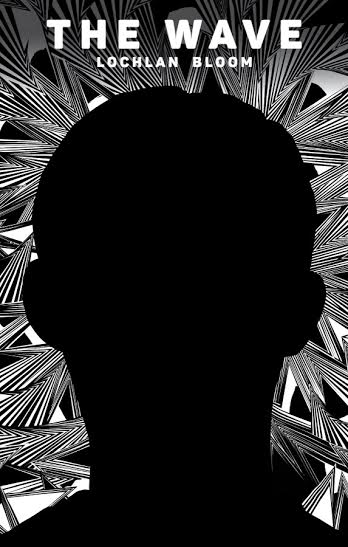You have no items in your cart. Want to get some nice things?
Go shopping
Before The Wave was published I assumed the task of “pitching” the novel would end the moment the book was in print. With hardback in hand, I imagined, I could simply point to the blurb on the back and let people go off to make up their own mind. How wrong I was.
Instead, the question of what The Wave is “about” is one that I am faced on a far more frequent basis. At writing events, in the pub, at dinner parties, I find myself stumbling through ever more rambling explanations to eager-eyed potential readers.
It sounds like it should be easy. After all, I wrote the book: it shouldn’t be a problem to explain what it’s “about”. But weeks have passed since publication and still I don’t have my elevator pitch honed.
Having talked to everyone from friends and family to publishers and agents my explanation doesn’t improve but rather feeds my nervousness. I find myself saying things such as:
“It’s a bit like a David Lynch film”…. or … “It’s about a character called μ who becomes obsessed with a mysterious film script in the post”…. or …. “It’s about hidden connections and reality and how we try to understand that.”
All true to some extent but no sooner have I started “explaining” what the book is “about” than a niggling doubt arrives that I am not really answering their question at all.
What does the questioner really want to know? Are they interested in the genre? The plot? The underlying themes? The characters’ relationships and motivations? The meaning of the book?
I start talking but there is no end in sight. I start to explain that there are three narratives in the novel. That they become entangled with each other. I talk about wave function collapse. I am met with a blank stare.
It is my own fault. When I set out to write The Wave I wanted to create something that explored ideas of what storytelling is and the ways that different narratives join together.
The idea of picking a genre or crafting an elevator pitch didn’t cross my mind so I just started putting words on the page. How I wish I had written a straightforward crime novel.
Instead I have ended up with a 280-page novel that I find impossible to describe in a snappy paragraph or a pithy 140 characters. It has some sections in screenplay format, elements of meta-fiction, historical fiction, non-linear timelines and doesn’t fit neatly into any genre save perhaps “literary fiction”.
[NB: “Literary fiction” has never seemed to me a sensible genre any more than “musical music” is a good category for music. And don’t get me started on “translated fiction”.]
And so, I find my explanations becoming ever more long-winded and obtuse. Hierarchies of order, hidden variables in quantum theory, the dualities of uncertainty and observation in works of fiction…. None of these are even mentioned in the book. I’m starting to make it sound like some dull thesis.
But I can’t stop talking. I am afraid of that awkward silence. Is it in my imagination or is the listener backing away? The longer I talk the more confusion I create, the more the blank-eyed stare starts to haunt me. I quote David Bohm the physicist and philosopher – and now also a character in The Wave:
There is, at this very moment, a general feeling that communication is breaking down everywhere, on an unparalleled scale… Any effort to impose an overall order in this “mess” will serve only to make it worse. What then is to be done?
I must stop. I am worried that my explanation has again become too rambling.
My next novel will be an adventure story.
The Wave is published by Dead Ink Books.

About Lochlan Bloom
Lochlan Bloom is a British novelist, screenwriter and short story writer. The BBC Writersroom describes his writing as ‘unsettling and compelling… vivid, taut and grimly effective work’. He is the author of the novel The Wave as well as the short fiction pieces – Trade and The Open Cage. He has written for IronBox Films, BBC Radio, Slant Magazine, Litro Magazine, Porcelain Film, EIU, H+ Magazine and Calliope, the official publication of the Writers’ Special Interest Group (SIG) of American Mensa, amongst others




